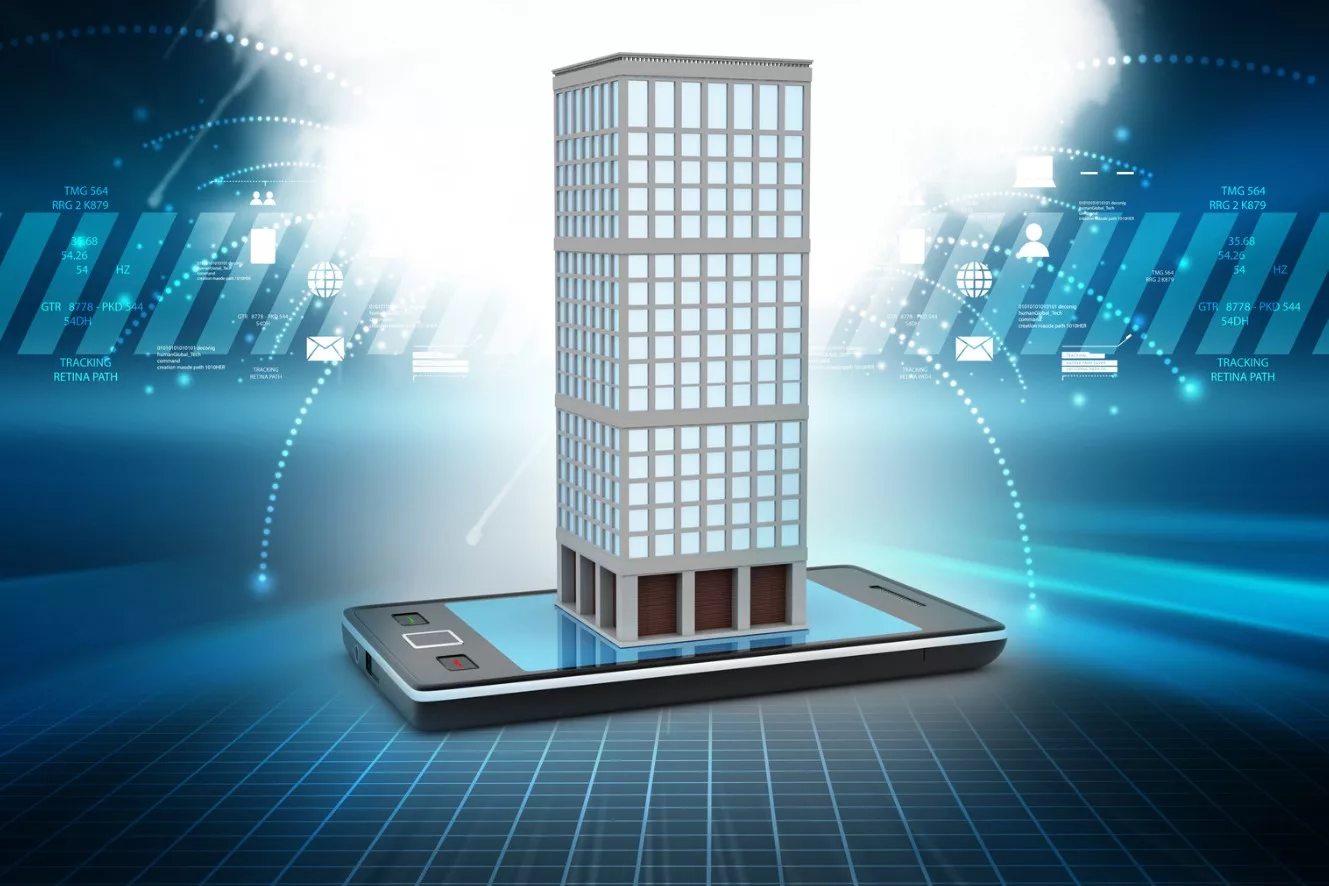Ulysseus CitiesMD
Learning Outcomes
1. Smart Grid and Renewable Energy Production and Integration
a) Modern Electrical Distribution Networks
b) Energy conversion systems in smart cities
c) Analysis of Active Distribution Networks
d) Analysis of Power Conversion Systems
e) Real-time Monitoring of Smart Grids
f) Optimal Operation of Smart Grids

a) Modern Electrical Distribution Networks
- Layout and main features of MV and LV urban and rural networks.
- Knowledge of the main hardware components within the smart grid: distributed renewable generation, electric vehicles and flexibility assets.
- Impact of distributed renewable generation, electric vehicle, and prosumers on the smart grid.
b) Energy conversion systems in smart cities
- Knowledge of the mainstream solutions of power converter topologies for the integration of renewable energy sources.
- Knowledge of the mainstream solutions of power converter topologies for the integration of energy storage systems.
- Knowledge of the mainstream solutions of power converter topologies for electric vehicles.
- Modulation methods of power converters.
- Knowledge of requirements and features of power converters.
- Knowledge of modelling power converters using Matlab/Simulink,
c) Analysis of Active Distribution Networks
- Knowledge of distribution systems analysis involving smart grid technologies for both balanced MV grids and unbalanced LV grids.
- Key performance indexes to quantify continuity supply and quality signal in distribution networks.
- Knowledge of the operation of power conversion systems in order to meet the requirements in smart cities application.
- Knowledge of V2G and V2H applications.
- Basic knowledge about the integration of renewable energy systems in the grid.
- AC versus DC networks and hybrid AC/DC solutions in smart distribution grids.
d) Analysis of Power Conversion Systems
- Knowledge of grid codes and power-based solutions for their compliance.
- Knowledge of the mainstream solutions of control of power converters.
- Knowledge of advanced solutions of modulation methods of power converters.
- Knowledge of the analysis of smart grids and microgrids.
e) Real-time Monitoring of Smart Grids
- Knowledge of the issues involved in the management and operation of a smart grid with a high presence of flexible resources: time scale and available control resources.
- Awareness of the importance of system monitoring: monitoring systems and devices for different levels of a smart grid.
- Knowledge of the most common communication standards.
- Knowledge of techniques for demand prediction.
- Digitalization as an enabler of the smart grid technologies: network observability and real-time network estimation as key points for smart cities.
f) Optimal Operation of Smart Grids
- Key concepts in the optimal operation of smart grids: time scale, objective functions, control elements and nature of the resulting optimization problem.
- Different control schemes for intelligent network management: centralized versus
decentralized. Advantages and disadvantages. - Knowledge of the different techniques to solve optimization problems depending of the nature of their variables and equations.
- Knowledge of the reconfiguration problem and Volt/var control in MV networks.
- Optimization of the LV operation.
- Modelling techniques of dynamical systems. Application to modern distribution grids
- Real-time control of optimal management of smart grids.
2. Optimization and Digitalization of smart cities
a) IT infrastructure for smart cities
b) Facility Automation Systems
c) Artificial Intelligence for smart cities
d) Digital Twin

a) IT infrastructure for smart cities
- Knowledge of methodologies and procedures for the design and implementation of computer applications for the design and implementation of computer application.
- Skills to development and management platforms of services for citizens and governance.
- Ability to describe the security needs of a computer application as a basis for the management of a service where sensitive data is stored, managed, and transmitted.
- Capacity to conceive, design and manage the implementation of intelligent information applications to the smart cities management.
- Competences to solve urban management problems using knowledge, methodologies and procedures for the design and implementation of computer applications for different types of environments (web, mobile, cloud) and with different paradigms.
- Knowledge of attack types for critical infrastructures.
- Fundamentals of industrial networks and basic network security concepts.
- Setting of the knowledge about the process of developing fault tolerant in smart grids, smart cities, and energy management systems in general.
b) Facility Automation Systems
- Have knowledge to understand the concepts of smart facilities and their relation to the development of smart cities.
- Ability to implement smart facilities automation systems, including their infrastructures (electricity, water, air conditioning, lighting, data networks, mobility, security, etc.).
- Develop the ability to evaluate, control and optimize the performance of smart facility systems.
- Have knowledge of the common software tools, standards, communication protocols and networking technologies for the management of modern facilities.
c) Artificial Intelligence for smart cities
- Understand different purposes of AI techniques and be able to select the most appropriate for each case.
- Understand the pitfalls of evaluation of trained algorithms and learn to avoid them.
- Know the adaptation of AI techniques for dynamical systems and real time systems.
d) Digital Twin
- Understanding of the digital twin concept and its application in Smart Cities.
- Knowledge of the ISO 23247 framework for industry and proposed architectures for buildings.
- Knowledge of programming environments for simulation.
- Knowledge of system modelling techniques.
- Knowledge of data quality and accuracy assurance techniques for synchronisation of the model and the physical entity.
- Use of Digital Twin for predictive control and estimation.
- Programming virtual controllers under IEC 61499.
3. Mobility and transport in smart cities
a) Traffic Management and Transport Planning in Smart Cities
b) City Logistics: Transport and Mobility
c) New Autonomous air and ground mobility concepts

a) Traffic Management and Transport Planning in Smart Cities
- Data Collection and Analysis: Gain valuable insights into techniques for collecting and analyzing urban transport data. Learn how to effectively gather data and interpret it to make informed decisions.
- Urban Transport Planning and Land Use: Explore the critical relationship between urban transport planning and land use planning. Understand how these two aspects impact the development of sustainable transport systems. Develop a solid foundation in the principles that guide effective urban transport and land use integration.
- Evaluation and Monitoring Tools: Familiarize yourself with the tools and methods used for evaluating and monitoring urban transport systems. Gain practical knowledge on how to assess the performance of transport solutions and make evidence-based recommendations for improvement. Acquire the skills necessary to identify key performance indicators and effectively evaluate the success of urban transport initiatives.
- Design the Future of Urban Mobility: Develop the skills to design intelligent transportation systems that will transform the way we move in the city. Plan efficient routes, implement smart traffic control systems, and optimize transportation infrastructure. Imagine the impact you can have on people’s quality of life and the efficiency of cities!
- Collaborate and succeed together as a team: Smart urban mobility requires collaboration among diverse experts and stakeholders. Our course emphasizes teamwork and collaborative skills, preparing you to excel in multidisciplinary environments and manage joint projects.
- Bridge Theory and Practice: Our course bridges the gap between theoretical knowledge and practical application. By immersing yourself in simulation-based assessments, you’ll enhance your understanding of how theoretical concepts translate into real-world implications.
b) City Logistics: Transport and Mobility
- Interpret and know how to apply new methods of technological innovation in the sector and analyze their impact.
- Interpret and be able to apply the scientific method to analyze and make judgments, whether experimental and/or theoretical, in the field of City freight transport logistics and the mobility of people, as well as the operations management involved.
- Differentiate and compare the different stages that make up the different logistics structures and typologies with a high vector of transport activity and the possibilities of improving their efficiency through the optimal design of solutions.
- Comprehensive Understanding of Urban Logistics: Gain insights into the complexities of urban logistics, including the management of transportation networks, warehousing, and last-mile delivery. Develop a holistic perspective on the logistics challenges specific to urban environments, such as traffic congestion, limited space, and sustainability.
- Innovative Solutions for Efficient Delivery: Explore cutting-edge technologies and innovative approaches that optimize delivery processes in urban smart cities. Discover how advances in autonomous vehicles, drone deliveries, and smart tracking systems can revolutionize last-mile logistics. Gain the ability to identify and implement sustainable and efficient delivery solutions tailored to the unique requirements of smart cities.
- Integration of Data and Analytics: Harness the power of data and analytics in smart city logistics. Learn to effectively collect, analyze, and interpret data to optimize routes, predict demand, and enhance supply chain operations. Acquire skills in leveraging real-time data, IoT sensors, and predictive analytics to make data-driven decisions that drive efficiency and sustainability in urban logistics.
c) New Autonomous air and ground mobility concepts
- Understand the key concepts and technology behind smart, connected and autonomous vehicles including the potential impact on the environment, economy, and social behaviour. How, it can positively contribute to a multimodal mobility system. Furthermore, understanding as a safe, sustainable, and convenient solution
- Explain the different communication protocols and networking technologies used in autonomous vehicles.
- Analyze and design algorithms for sensor fusion, localization, and mapping of autonomous vehicles.
- Design and implement intelligent systems for autonomous vehicles that can make safe and efficient decisions.
- Evaluate the human factors and ethical considerations related to the use of autonomous vehicles.
- Identify the role of smart transportation infrastructure and communications in the deployment of autonomous vehicles.
- Identify the advantages and disadvantages, including sustainability, energy consumption, normative, policies, education, and awareness campaigns.
- Collaborate effectively in group work, communicating ideas, providing feedback, and respecting diverse perspectives.
- Improve oral communication skills in public presentations.
4. Energy Efficiency and Smart Buildings
a) Passive buildings and physics
b) Active Systems and Energy Conversion Measures in Buildings
c) Renewable Energy Systems and domotics in buildings

a) Passive buildings and physics
- Knowledge of the European directives to identify the conditions for buildings with near zero consumption and positive energy.
- Identification of methodologies for determining the types of climates at a European level and their effect on buildings.
- Knowledge of thermal comfort models applied to building occupants.
- Understanding of heat and mass transfer models for the quantification of thermal demand in buildings.
- Ability to analyze the free thermal evolution of a building.
- Knowledge in the management of thermal simulation tools for buildings.
b) Active Systems and Energy Conversion Measures in Buildings
- Knowledge and ability to identify the most common air conditioning and ventilation systems in buildings.
- Knowledge and identification of energy saving measures through passive heating and cooling techniques.
- Knowledge and identification of energy saving measures through active heating and cooling techniques working on air conditioning, ventilation and lighting equipment.
c) Renewable Energy Systems and domotics in buildings
- Identification of domotics rules applied to buildings to improve their energy efficiency.
- Knowledge of the treatment of different water effluents in buildings to maximize their recovery.
- Ability to design renewable energy systems and their integration into the energy consumption of the building.
- Identification of valid energy storage systems for buildings in order to improve their energy management.
- Knowledge of new developments related to energy efficiency in buildings, both from the point of view of the building envelope and the air conditioning and ventilation systems used.